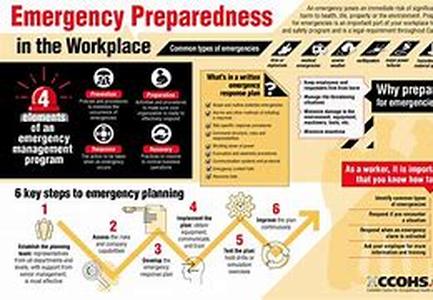
The Special Conjugations In German Verbs Stand Out, Since It Makes Pronunciation Easier. You Can Especially Learn Easier When You Apply Certain Rules In German Language, Such As Applying D Or T And Inserting An E Prior To The Verbs Ending. If An E Is Already In The Ending, Then Forget The Last Remark. How German Verb Stem Endings Apply To The Rules Of Learning: With German Verb Endings, Some Of The Same Rules Apply. For Instance, When Speaking Present Tense Or Past Tense In Some Areas M Or N Rules Apply. The Verb Stem Endings When D Applies As Well Should Be Considered Carefully. For Instance, Melden Means To Report. Applying M To Breathe You Would Say Atmen. Applying N To Arrange Or Order You Would Add The N At The Ending, And Say Ordnen. Germans Use Ich Often In Their Language, Which Means I. With Present Tense The Verb Stem Ending Applies To Say To Report, Whereas Ich Melden. The Verbs Spoken In German Applies To: Some Of The Weak Verbs Spoken In German Language Apply Present And Simple Past Tense Verb Stem Endings Also. To Make German Language Easier To Learn, You Can Add E To The Ending Of Verbs That End With M Or N. You Can Sound Out The Words And Let Them Guide You To Where You Would Insert An E. In Some Instances, Verbs Can Have Irregular Secondthird Person Singulars, Especially When Present Tense Is Involved. For Instance, To Say, To Hold You Would Use Strong Verbs That Have Irregular Singulars And Say Halten. To Load You Would Say Laden. And If You Want To Advise, You Would Say Raten. The Verbs Used In This Example Are Strong, Yet They Have Stem-vowels That Change The Direct Communication. For Example, Ich Halte Means I Hold. Ich Lade And Ich Rate Means I Load And I Guessadvise. As You Can See, The Meaning Can Change, Since Stem-vowels Change The Way You Relate. In Some Cases, Verb Endings Whereas Eln Is Used The E Is Dropped In The First-person, Present Tense Singular Way Of Expressing What You Mean. Some Verbs Have Infinitive Endings However. For Example, The Verbs N Applied: Tun Or To Do, Have A Strong Verb Infinitive. You Can Study The Conjugations However To Compare. The Conjugation Words In German May Start With I Or Ich Tue, Which Is Present Or Wir Tun, Which Means We To Do, Is Also A Link To The Strong Verbs. When Verb Stems End With S Sounds, I.e. S, Ss, - B, Or Z, Thus Du Forms Add A T Within The Present Tense Of All Verbs Whether They Be Weak Or Strong. Inserts, Such As E Make It Easier To Pronounce In Most Instances, Especially When Added To Simple Past Tense Verb Stem Endings. This Will Make The Verb Strong. If You Want To Create Weak Verbs Then Add Test To The Verb Stem Ending. For Example, Reisen, Which Means To Travel Is A Strong Verb, While Sitzen, Means To Sit Is A Weak Verb. The Best Way To Learn German Effectively Is To Use Textbooks, Classes, Or Foreign Language Training. Using These Options Will Put You In Front Of Comprehensive Checkpoints, Which Gives You The Advantage Of Reviewing What You Learn. Learning German Is Easy When You Follow The German Guide In Speaking Fluently. Look Around The Internet To See What The Products, Classes, Textbooks, Videos, CDs, DVDs, And More Can Offer You. Some Of The Top Solutions Is Dynamic Immersion, Yet Other Options Can Open Additional Doors To Learning German Effectively.





